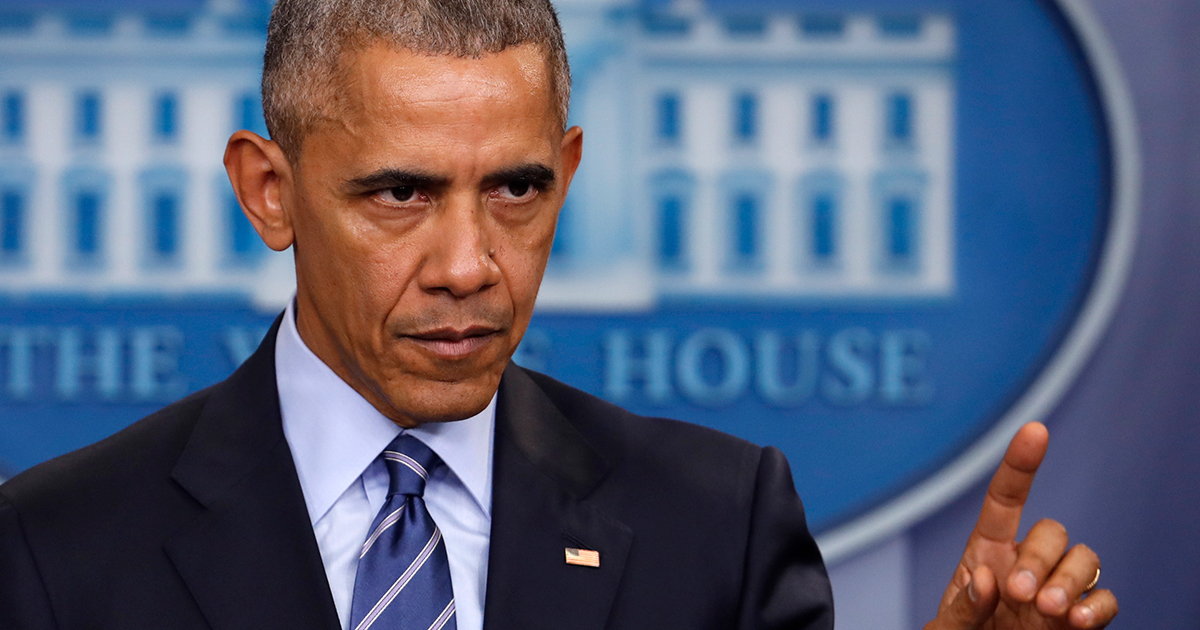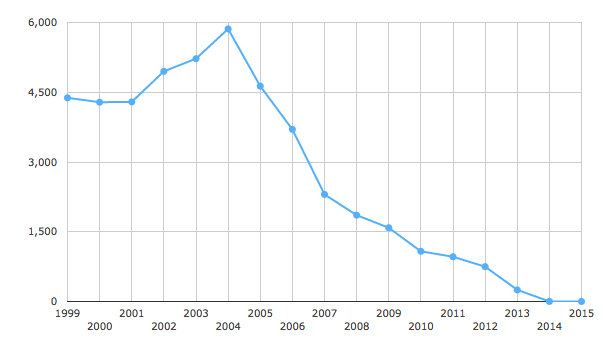Here's Who Really Suffers From the Russia Sanctions

By:
President Barack Obama responded Thursday to alleged Russian interference in the 2016 election, issuing sanctions against several Russian intelligence agencies, companies, and individuals, CNN reported.
 AP/Pablo Martinez Monsivais - apimages.com
AP/Pablo Martinez Monsivais - apimages.com
The State Department ordered 35 Russian diplomats to leave the United States within 72 hours and will close Russian intelligence compounds in New York and Maryland.
Russia's response.
Speaking to reporters, Kremlin Press Secretary Dmitry Peskov said that there is "no alternative to reciprocal measures," but maintained that Russian President Vladimir Putin is "in no rush to make a decision." Russia's embassy in the United Kingdom fired off an insulting tweet featuring the image of a "lame duck."
The Russian Embassy in the United States' Twitter account promised an "adequate and mirror response."
So far, that response includes Russian authorities ordering the closure of the Anglo-American School of Moscow, an international school for children of US, British, and Canadian diplomats as well as other American and non-American English-speaking students, an unnamed US official told CNN. The order also reportedly sealed off access to a Moscow-adjacent US embassy vacation home.
Thursday's orders from Russian and US authorities may seem like a blast from the past or an episode of "The Americans." But this is not the first time diplomatic tensions between Russia and the United States have come to a head in recent years.
US imposed sanctions against Russia.
The United States has numerous active arms-related sanctions against Russia under the Iran, North Korea, and Syria Nonproliferation Act.
Further, In 2012, Congress and President Obama passed the Magnitsky Act, a law imposing sanctions against Russia over human rights violations. The law took its name from from tax lawyer Sergei Magnitsky, who died in a Russian prison after accusing state officials of tax fraud, NPR reports.
“The impact [of sanctions] tend to be more name-and-shame than direct negative impact on the target,” Columbia University senior researcher Richard Nephew, who previously worked on State Department sanctions policy, told Vox in a December 23 story.
The Magnitsky Act did have an impact though — and one not felt solely by its initial targets.
In response to the law, Russia banned American families from adopting children from Russia, the New York Times reports. The ban is still in place, and Republican lawmakers pressured the Obama administration to fight it as recently as May 2016, according to the Hill.
According to the U.S. State Department's Bureau of Consular Affairs, US adoptions of Russian children peaked at 5,862 in 2004. In 2015, that number dropped all the way down to zero.
 US State Dept. - state.gov
US State Dept. - state.gov
The ban has disproportionately hurt orphaned children and prospective parents who planned to adopt them, as the Los Angeles Times reported in May 2013. Natalia Nikiforova, chief doctor at a Russian orphanage for young children, told the LA Times she worried children of mixed ethnicities and those with special needs would be unable to find homes due to the ban.
Nikiforova voiced profound concern about the future of Timofey, a 4-year-old boy with down syndrome. He was nearing the orphanage's age limit when the LA Times report was published.
"With each new change he will experience a new trauma and will be surrounded with less and less love and care," she said. "Until he ends up completely ignored and neglected in his utter solitude."
Like these children, pupils of Moscow's Anglo-American School will effectively be punished for international conflicts they did not inflict or chose to become embroiled in.
